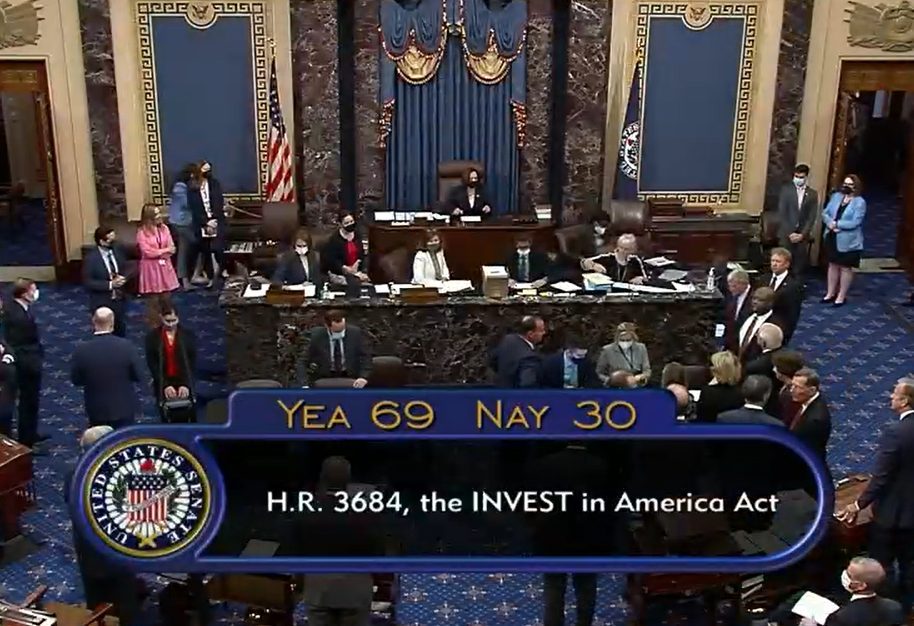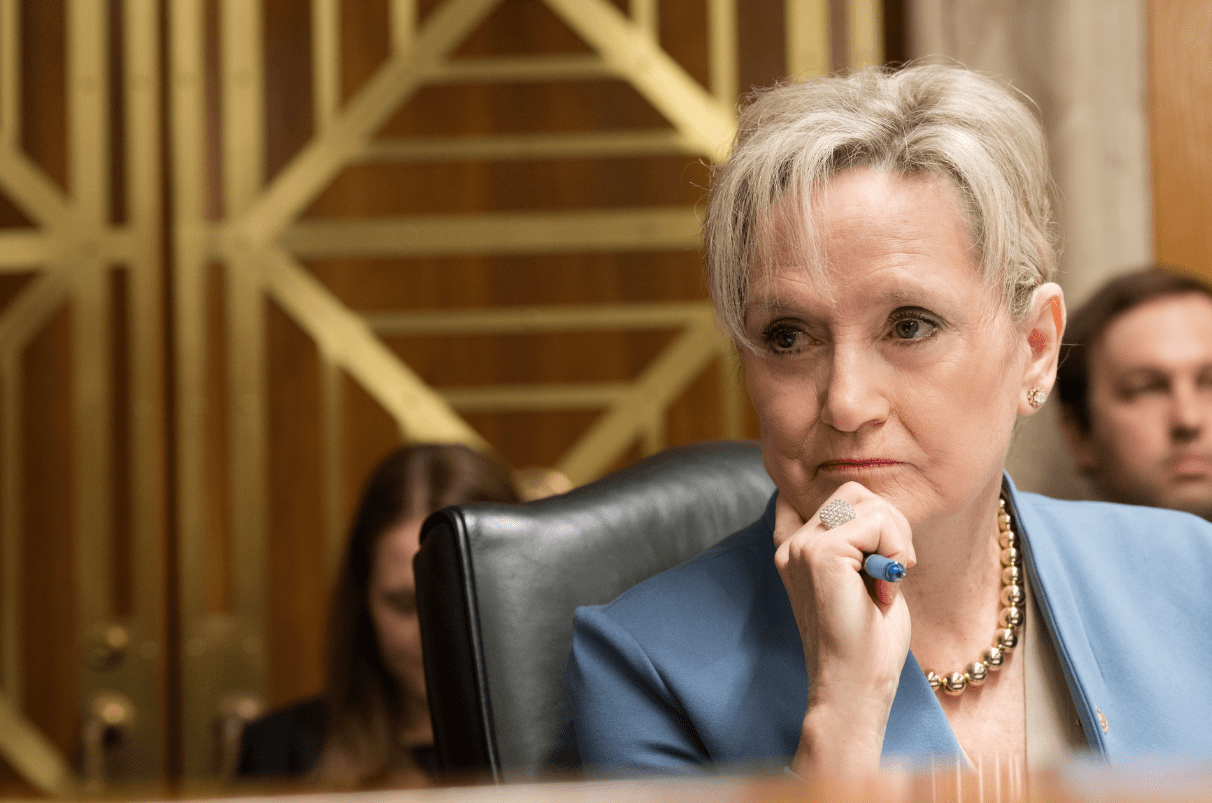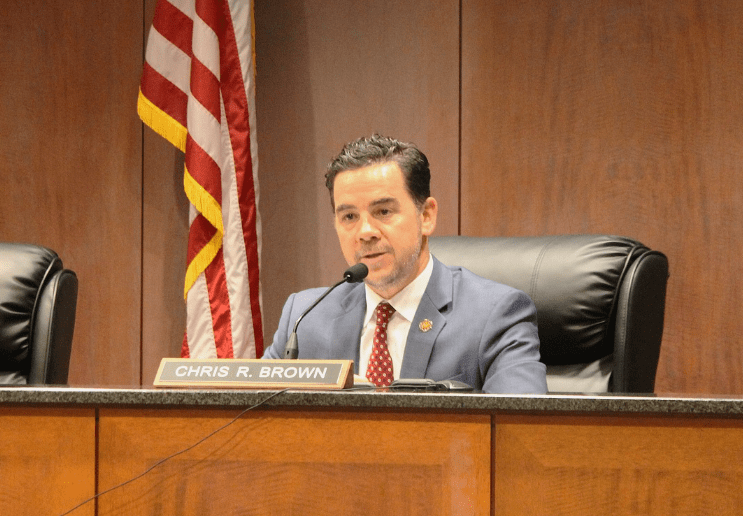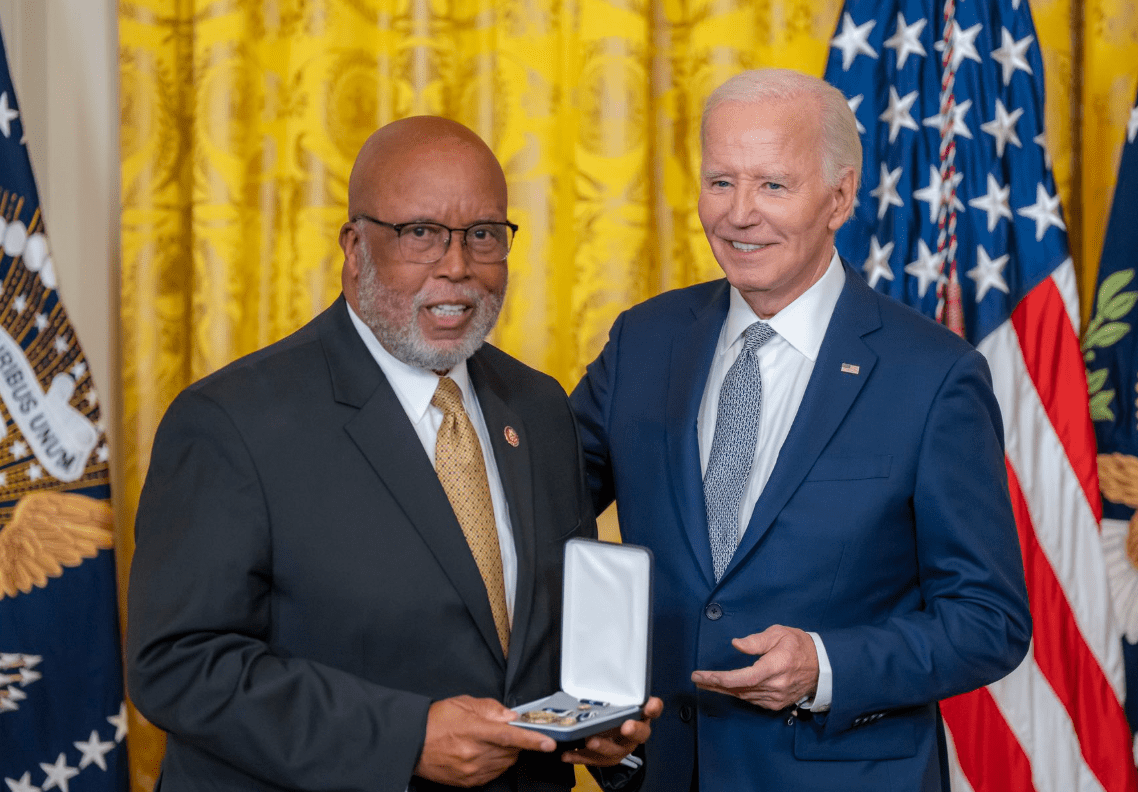
The $1.2 trillion bill now heads to the House as Democrats push another $3.5 trillion spending plan.
After clearing a hurdle on Sunday, the U.S. Senate voted today on final passage of the Infrastructure Investment and Jobs Act (HR.3684), negotiated by a small bipartisan group of Senators. It passed the chamber by a vote of 69-30, meaning just under 20 Republicans crossed over to vote for the measure. Vice President Kamala Harris presided over the vote.
The $1.2 trillion infrastructure package includes more than $550 billion in new federal spending. The nonpartisan Congressional Budget Office estimates the bill would add $256 billion to projected deficits.
Mississippi Senators Roger Wicker and Cindy Hyde-Smith were divided on the bill. Wicker voted to pass the legislation while Hyde-Smith opposed it.

“Many provisions in this sprawling legislation have merit and would help Mississippi, but voting for it is a bridge too far to cross,” Senator Hyde-Smith said in a release after casting her vote against the bill. “We need more infrastructure investment, but I am unconvinced this rushed massive, one-shot bill is the best or most fiscally-responsible way to fix roads, bridges, water and wastewater systems, and the electrical grid. This bill is not paid for, increases the deficit, and includes many unfunded intergovernmental and private-sector mandates.”
Hyde-Smith also warned that, in her view, President Joe Biden and Congressional Democrats will use “the thin veneer of bipartisan support for infrastructure as a gateway to a new scheme to spend another $4 trillion on a tax-and-spend extravaganza of socialist programs—all without a single Republican vote.”
Ahead of the vote on Sunday to end debate on the bill, Senator Wicker voiced his support for the spending package on the Senate floor.

“At the end of the day, I believe this package will do a great service for the United States and for my state of Mississippi. Republicans and Democrats agree that roads, bridges, broadband, ports, and rail are the building blocks of a healthy economy. This bill makes historic down payments on those core priorities,” Wicker said.
In his Sunday remarks, Wicker noted the billions of dollars in investments that are expected to be made in Mississippi if the infrastructure package is signed into law. The package includes: $3.3 billion for Mississippi’s roads and highways, $225 million for bridge replacement and repairs, a minimum of $100 million for broadband infrastructure, $283 million for water revolving funds, and billions for Army Corps of Engineers projects and port and rail improvements nationwide.
Tuesday, Senator Hyde-Smith pointed out that the bill also includes non-infrastructure provisions that could have far-reaching implications, including digital nondiscrimination language that pulls from the controversial Equality Act to redefine sex, sexual orientation, and gender identity among other things.
“These provisions would effectively sanction infringements on religious liberties and freedom of expression. In this ‘infrastructure’ bill, they are a precursor to Biden and Democrats’ radical socialist agenda wrapped up in a $4 trillion tax and spending spree,” Hyde-Smith said.
The bill is a win for the Biden Administration, enabling the President and Democrats to further implement another part of their agenda. However, before it heads to the President’s desk, it must first gain approval in the U.S. House. It is likely to receive a positive vote as Democrats control that chamber and will use the larger $3.5 trillion budget resolution as leverage as negotiations continue on this next round of federal spending.
After the infrastructure bill was passed Tuesday, Senate Majority Leader Chuck Schumer (D-NY) moved to start debate on that $3.5 trillion plan. Both Wicker and Hyde-Smith voted against beginning debate on that plan.











